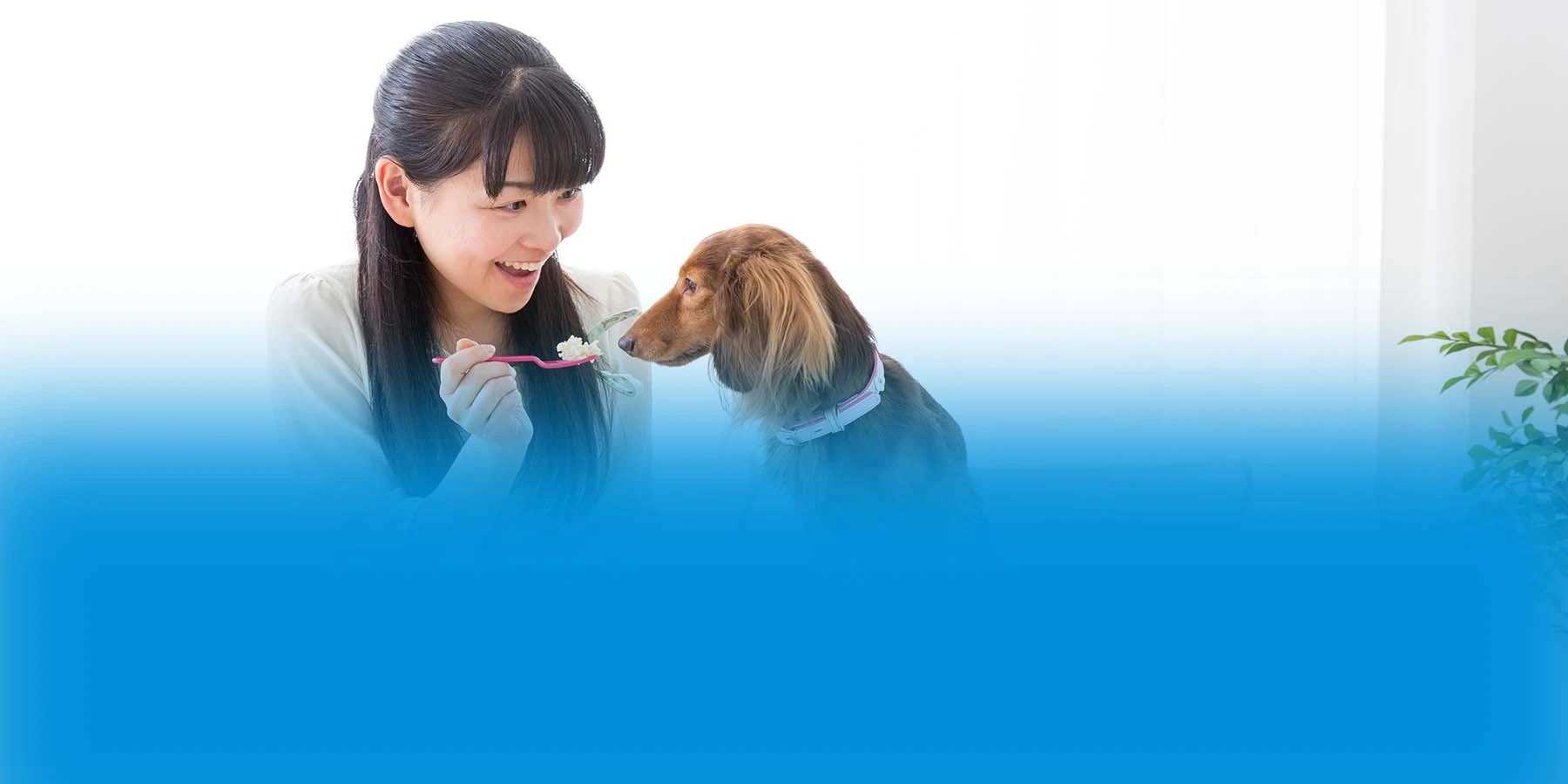PET HEALTH
Can Dogs Eat Rice? A Quick Guide to This Pantry Staple
Rice is one of the most popular foods in the world. Every community has at least one recipe that calls for rice that’s steamed, stewed, or even sauteed. But can your dog eat rice? Yes, they can! But keep in mind that not every type of rice is okay for your best pal to eat. While it can help settle their stomach and is even a common ingredient in kibble, there are a few things to be mindful of. Here’s what you need to know about giving your dog rice.
What Is Rice?
Rice is a cereal grain that our ancient ancestors domesticated over 10,000 years ago.. The variety of options available on the market can be mind boggling, but fear not. Dogs aren’t obligate carnivores and can digest cooked rice, along with many fruits and veggies, pretty well. In fact, most commercial dog foods include rice in their recipes.
What are the health benefits of rice?
Rice is a kitchen staple for a very good reason. As a complex carbohydrate, rice’s nutritional value depends on the type of rice you purchase.
A standard serving of white rice1, for example, is:
● High in protein
● Low in fat
● Fiber rich
● A great source of iron
● Low in cholesterol
This is a big part of why most dog food brands include rice in their recipes. It offers a healthy, filling option to your dog alongside proteins like chicken, beef, or salmon.
How can I feed rice to my dog?
Be sure that the rice is free of butter, oils, and spices if you choose to give your dog rice. Avoid additives like garlic and onions, which are toxic to dogs.
To break down the hard exterior of the grain, simply steam or boil the rice. Never allow your dog to consume raw, uncooked rice because it may lead to gastrointestinal upset due to rice’s high fiber content.2
The amount of rice your dog should have depends on their size and their current dietary needs. For example, your vet may suggest feeding your dog rice as a temporary bland diet alongside boiled chicken if they’re experiencing diarrhea or vomiting.3 The fiber in rice can help control loose stools and give their tummies a rest.
Can dogs eat jasmine rice?
Jasmine rice is easy to cook, affordable, and fragrant. Essentially, jasmine rice is a type of white rice, making it safe for your dog to eat. Prepare it the same way you usually do and serve it to your dog free of any toppings and seasonings.
Can dogs eat brown rice?
Brown rice isn’t recommended for dogs to eat because it’s considered a whole grain, meaning the bran and germ are left intact.1 This makes it more difficult for most dogs to digest even after it's been cooked properly. If your dog accidentally consumes some brown rice, don’t panic — opt for white rice if you plan on feeding your dog rice.
When Is Rice Bad for Dogs?
Rice is a wonderful source of thiamin and iron, but your dog needs high quality proteins and fats for optimal health.4 They typically need whole, quality meats and veggies to support their muscles and brain. Rice should not become the sole part of your dog's diet or it could lead to nutritional deficiencies. Unless specifically instructed by your vet, rice should stay an occasional treat or a supplement to other necessary foods.
Diabetic or obese dogs should not eat rice regularly
Rice is not harmful to dogs, but it’s a carbohydrate. Eating carbohydrates in excess can lead to weight gain and obesity. The glycemic index — a unit of measurement that tells us how food impacts blood sugar levels — for white rice is moderate, but there are better options for diabetic dogs, like sweet potatoes. Carefully monitor your dog's diet to ensure that treats do not exceed 10% of their diet. This will ensure they have a long, healthy life.
Health claims about grain-free or gluten-free diets
There’s currently no reliable evidence that dogs benefit from a grain-free or gluten-free diet, but there’s certainly conflicting information. While well-intentioned, pet owners may be causing more harm than good by opting for these sorts of diets. According to the VCA Animal Hospitals’ professionals, there is increasing evidence that a link exists between heart diseases like dilated cardiomyopathy and grain-free diets.5 Studies on the effectiveness of these diets are still in the early stages, so talk to your vet before switching your dog exclusively to a grain-free diet.
However, cooking for your pup is not completely off the table! There are a few vegetables and meats that you can prepare for your dog that won’t make them sick.
Give Your Dog Rice Under Vet Guidance
Rice is safe for dogs to eat and can even help your pup when they’re sick. It’s a safe, affordable way to introduce variety into your dog's diet. If you choose to give your pup rice, make sure to give them white rice that’s free of butter, oils, spices, or any other extras. Be sure to talk to your vet before adding rice to your pooch’s regular diet.


